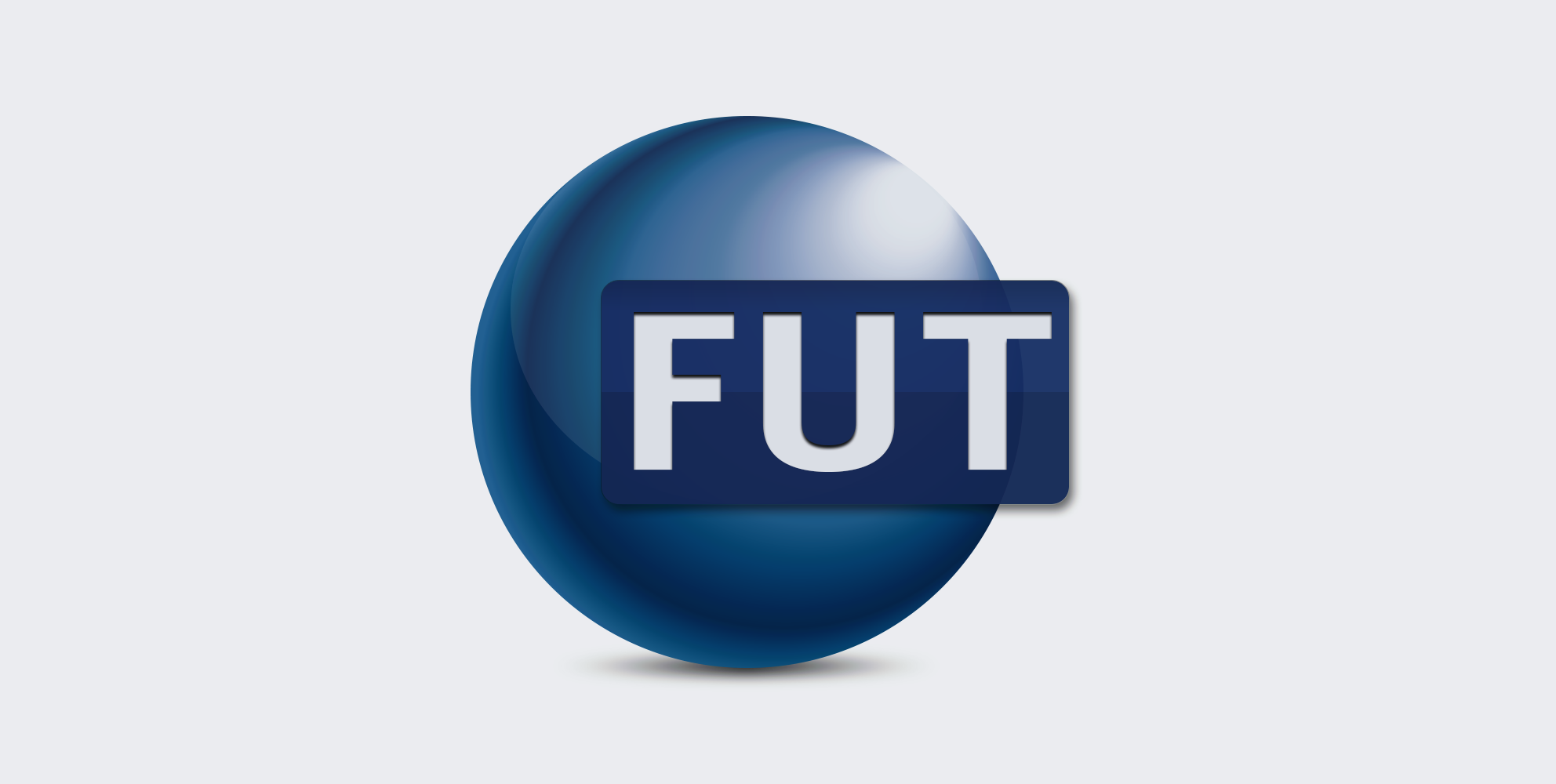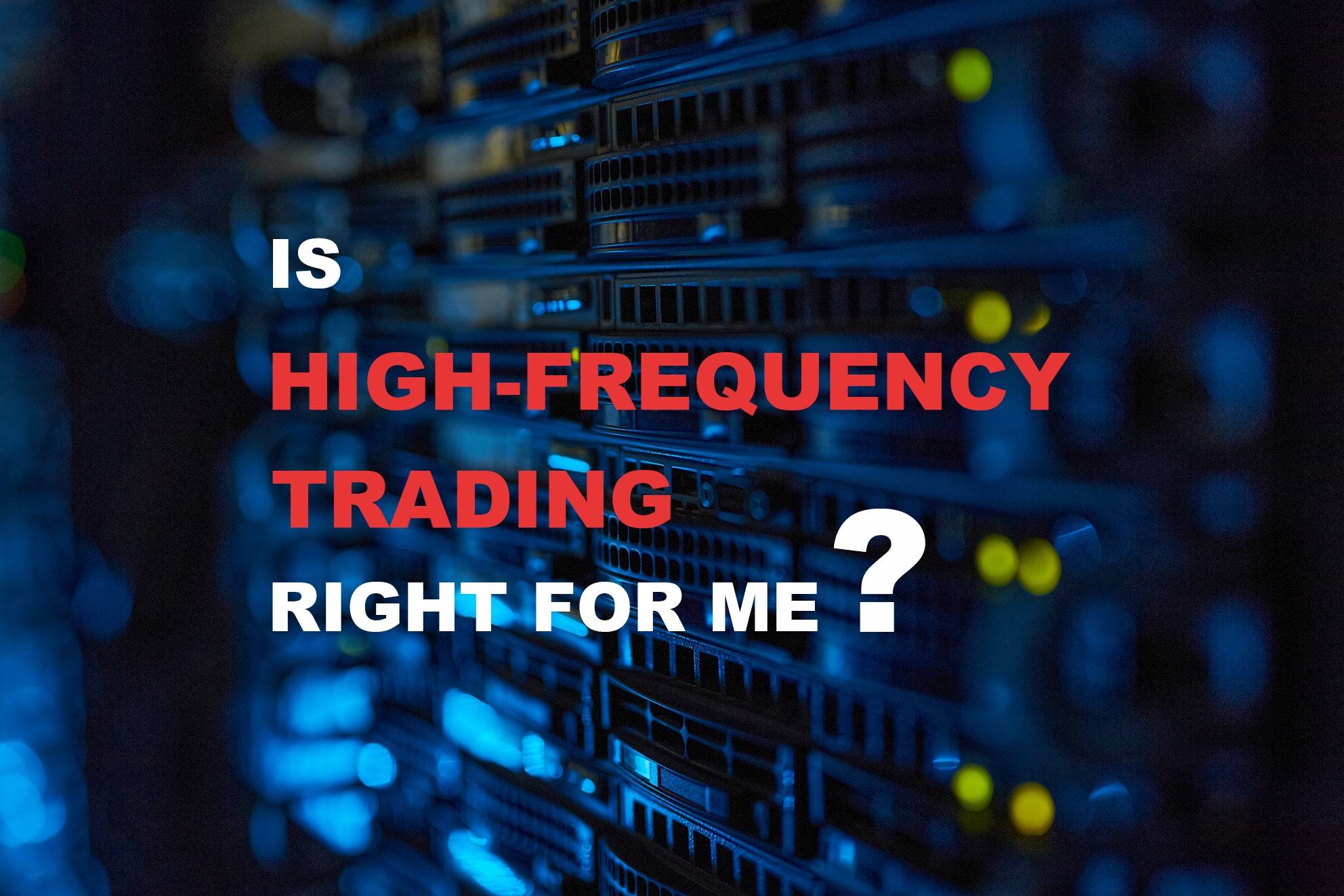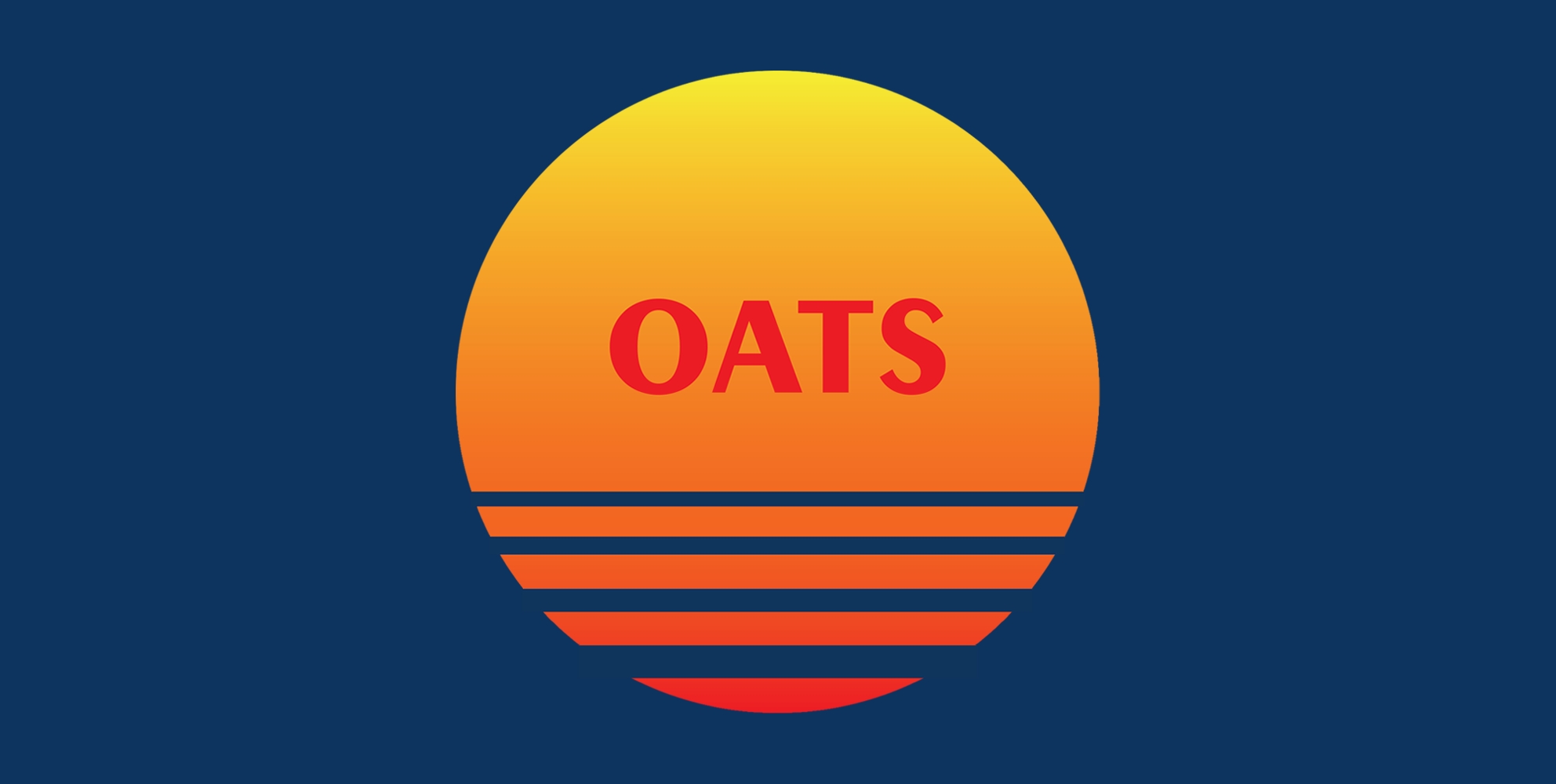For any independent futures trader, choosing the right platform from which to navigate the market is among the first and most fundamental considerations. Not all platforms are created equal, and the sheer number of options available today can be overwhelming. What is clear, however—whether you are a beginner or a seasoned trader—is that the right platform can mean the difference between success and failure.
Selecting a platform that fits your requirements can be tricky, with an endless stream of features, tools, and technologies offered at a variety of price points—some of which are more cost-effective than others. Additionally, there’s an over-abundance of savvy marketing banners designed to grab your attention, promising the world but delivering very little. This means that identifying the right balance between cost and functionality is sometimes more difficult than it should be.
However, armed with the right information and a clear idea of the type of features you require for your specific style of trading, you’ll find that choosing a platform needn’t be so taxing. Here, we take a brief look at the rise of electronic trading platforms and detail the factors you should consider when making a decision on which futures trading platform is right for you.
The Rise of Electronic Trading
Since the late 80s, when rapidly advancing technologies meant the beginning of the end for traditional paper traders, the world of futures has become increasingly accessible to independents. This electronic revolution bought greater speeds, lower costs, and a sharp increase in liquidity to the market, allowing traders to bypass the middleman and effectively enter real-time commodity pits from a PC.
As a result of these technological advances, the importance of physical exchanges diminished, and the multitudinous physical venues were consolidated into two main players—the CME and ICE. This opened the door for brokers to interact directly with the exchanges, resulting in the plethora of futures platforms and software solutions we see today.
Broker Operated or Broker Neutral
Broadly speaking, the platforms that communicate with the exchanges can be split into two categories: broker operated and broker-neutral. Both offer advantages depending on the way you trade, and there is a broad spectrum of functionality across both types of platform. It is worth remembering that, whichever type of platform you choose, you will need to connect with a broker in some manner, however, the differences between the two types of software solution can dramatically affect the way you trade.
Broker Operated Platforms
Broker operated platforms are exceedingly common and offer varying degrees of functionality, however, signing up to one of these platforms may tie you in with a single broker or provide limited options when connecting with other brokers. This is sure to impact the way you trade and, with plenty of questionable pricing structures and hidden fees, severely limit your chances of success. If you choose this route, then check the reputability of your chosen broker and beware of deals that sound too good to be true.
Broker-Neutral Platforms
Broker neutral platforms allow you to connect to multiple brokers through a single, centralized piece of software and offer you a number of advantages over broker operated platforms. With the freedom to manage your trades across many different brokers through pre-built and broker-provided algorithms, broker-neutral platforms are extremely flexible. Additionally, broker-neutral platforms such as InfoReach’s TMS system normalize trading across different market conventions, offer the ability to handle complex multi-leg orders and can be easily integrated with broker ALGOs for both single and multi-leg orders.
How to Choose the Right Futures Trading Platform – Key Considerations
There are a number of key features that any trader should be looking for when choosing a futures trading platform. These include:
- Geographic Restrictions—Certain broker operated platforms are restricted by geographic location, and this may cause issues with things like investor protection. For example, brokers may operate through the UK, US, Canada, Australia, India, Japan and Hong Kong. However, European investors could be limited to a UK account, with separate entities managing your trades in Europe and in the US. This means part of your investor protection falls under UK rules, and part under US, leading to an unwanted degree of opacity in your trading that can easily be avoided by using broker-neutral platforms.
- Order Execution—Order execution is a critical component of any trading software, with speed and reliability meaning the difference between success or failure. Additionally, the ability to accurately fill your orders provides greater control for the user when dealing in large trades.
- Low Latency—The latency of any platform can impact split-second trades that could result in losing out. Put simply, the lower the latency, the less fill slippage you are likely to accrue. However, the costs involved in securing the fastest technologies may be prohibitive and impact your bottom line over time. Finding a balance between cost and speed is crucial, and traders should identify a workable compromise designed to benefit the way you trade.
- Support—When it comes to futures trading platforms, support can vary wildly. When making a decision, ensure that support is available in your language and your chosen vendor can be easily contacted through your preferred medium.
Other features to consider will generally depend on a number of factors including, your experience, the amount and value of your trades, your preferred analysis tools (technical/fundamental), and the research options offered.
- Commission/Pricing—The pricing of any broker or broker-neutral platform is a crucial consideration. Broker neutral platforms usually require an upfront investment but will save you money in the long run on per-trade fees. Broker operated platforms may offer lucrative bonuses for signing up, but you should always double check the long-term fee structure to ensure you do not get burned.
- Pricing Conventions—Platforms that automatically normalize pricing conventions across third parties offer an advantage to futures traders dealing in complex products from various sources. For instance, models that price either by unit or by contract can easily be standardized, with certain futures trading platforms automatically displaying the pricing model of your choosing. This ensures accurate, at-a-glance access to familiar pricing models that help to streamline trading regardless of the markets you use.
- FCM Integration—Automated allocations can be a very useful tool when trading futures, and seamless integration with FCMs is a crucial component of this. Choosing a platform that offers this type of functionality is key for anyone who wishes to increase automation in their trades.
- Handling of RFQs—Effective RFQ management will allow you to electronically execute multi-leg and hedged options strategies. In turn, this will increase the number of competitive quotes and offer you greater access, speed, and transparency when dealing with electronically traded markets.
- ALGO Integration—For algorithmic traders, a fundamental factor when choosing a platform is its ability to integrate with broker algorithms. This type of versatile software solution ensures you can handle single and multi-leg orders when trading through a variety of brokers using different algorithmic systems.
- Risk Management and Charting Tools—Broker neutral software solutions will usually allow you to configure your own charting tools, reports, and algorithms. Broker operated platforms offers a broad range of tools designed to help you trade but with a variety of limitations.
- Types of Markets and Contracts—The wider the range of commodities offered by a broker, the more choice you will have when trading. Broker neutral platforms allow you to diversify your trading by enabling you to connect to multiple brokers offering the broadest scope. With this in mind, an important consideration when selecting a platform is the handling of multi-leg orders that will allow you to enter complex strategies when simultaneously buying selling assets. Broker operated platforms, on the other hand, are generally limited to specific markets and contracts.
- Regulatory License and Reputation—The reputation of any broker operated platform is an important factor when making a decision. Unfortunately, unscrupulous futures trading platforms do exist, so it is worth checking up on FCA, ASIC, CFTC regulatory licenses and informing yourself well before committing.
Choosing the right platform for your specific needs is not an exact science, and much depends on the way you plan to trade. However, by choosing a solution known for developing the tools needed to stay competitive with new technologies, you can effectively future-proof yourself and ensure your chosen platform will keep pace with the latest market developments.
Whether a scalper, hedger, swing, position or day trader, the high risk of trading itself should never be compromised by poor technology. Ultimately, at InfoReach, we believe that broker-neutral trading platforms offer the greatest scope, usability, and flexibility for futures trading, and our selection of products are well placed to open the door to successful trading to all types of trader in any market.






